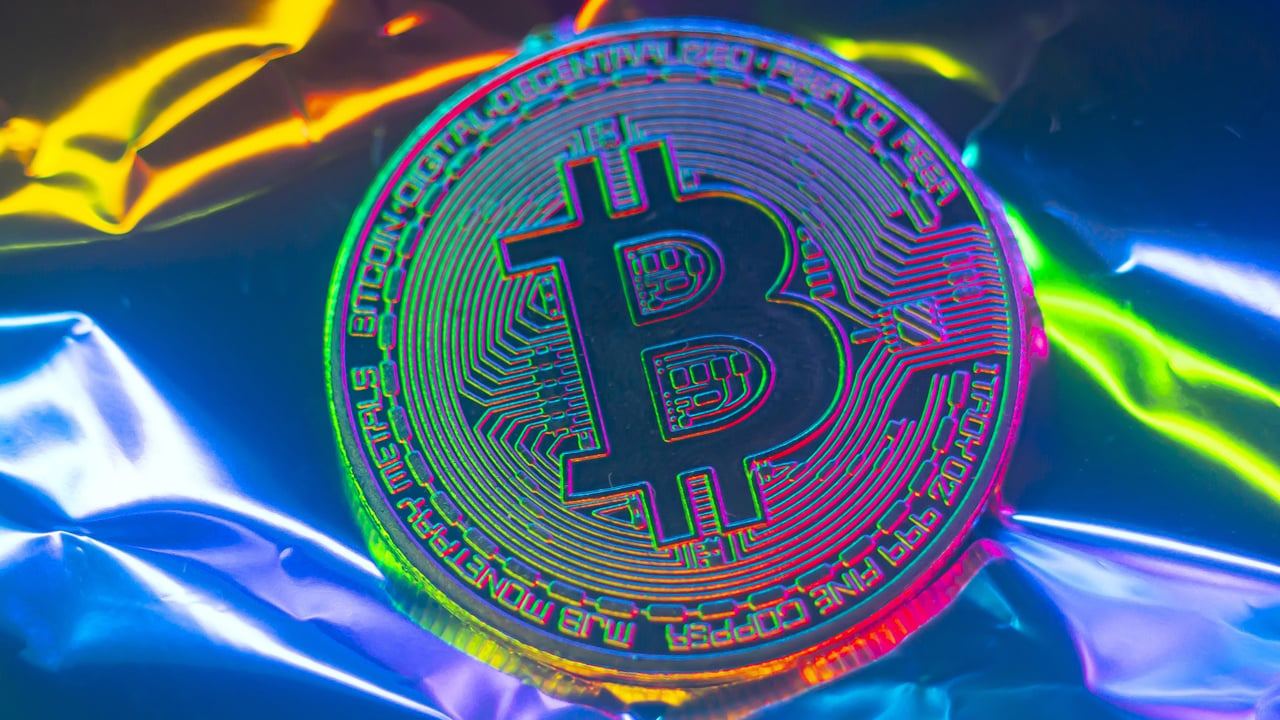Recently, the Bitcoin community has been buzzing with excitement around the introduction of the BRC20 token standard. This new standard, introduced by a pseudonymous developer named Domo in March, leverages the Ordinals protocol, allowing creators to easily mint fungible crypto assets onchain. To create a BRC20 coin, individuals simply need to encode a JSON data object containing critical token information such as the token’s name, symbol, and total supply. This data would then encompass the fundamental details required to create an ERC20 token contract on Ethereum.
The Backlog of Unconfirmed Transactions and the Rise of BRC20 Tokens
The impressive issuance of over 10,500 BRC20 tokens and the surge of Ordinal inscriptions surpassing 3 million has led to a backlog of over 200,000 unconfirmed transactions in Bitcoin’s mempool. Despite this, the BRC20 token economy has witnessed tokens skyrocketing with quadruple-digit gains. Notable examples of these tokens include ordi, $OG$, PEPE, MEME, PUNK, SHIB, and DOMO. The ordi market cap today is hovering above $52 million, the $OG$ token market cap sits at $7.9 million, and the PEPE BRC20 coin’s market valuation rests at $8.3 million as of May 3, 2023. A comprehensive list of these coins can be found at ordspace.org, displaying each token’s value in US dollars.
The Debate Over Fungible Tokens and Non-Fungible Token (NFT) Concepts Built on BTC
The rise of BRC20 tokens and Ordinal inscriptions, predominantly comprised of text, has driven Bitcoin’s average and median-sized fees to soar. Data from bitinfocharts.com on May 3, 2023, reveals that the average onchain Bitcoin transaction fee is 0.00025 BTC or $7.05 per transaction, equating to roughly 0.0000011 BTC per byte. Additionally, the median-sized transfer fee is 0.00012 BTC or $3.46 per transaction. This has reignited a heated debate over whether the fungible tokens and non-fungible token (NFT) concepts built on BTC justify confirmation alongside financial transactions.
Despite the backlog of unconfirmed transactions and the debate over the validity of fungible tokens and NFTs built on BTC, the BRC20 token standard has ushered in a new era for Bitcoin tokens. Its ease of use and ability to mint fungible crypto assets onchain has opened up new possibilities for the Bitcoin community. As the BRC20 token economy continues to grow and develop, it will be interesting to see how it impacts the wider cryptocurrency market.

